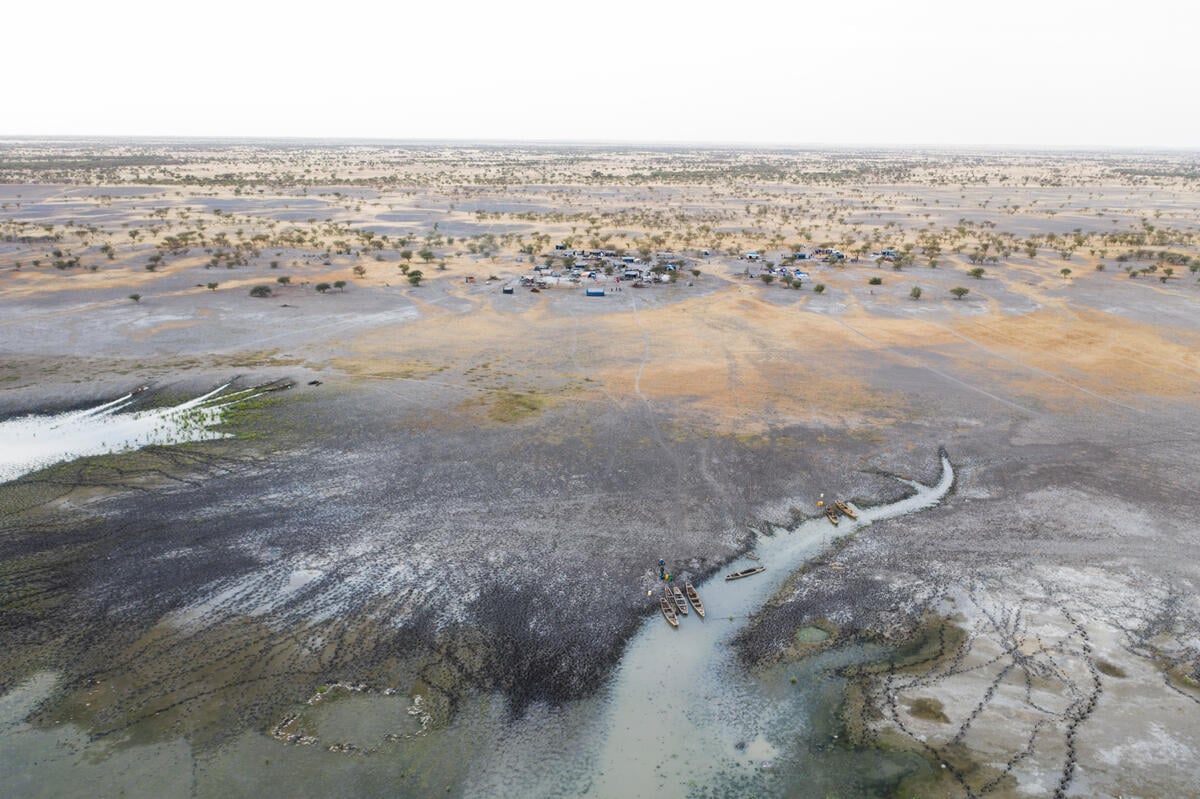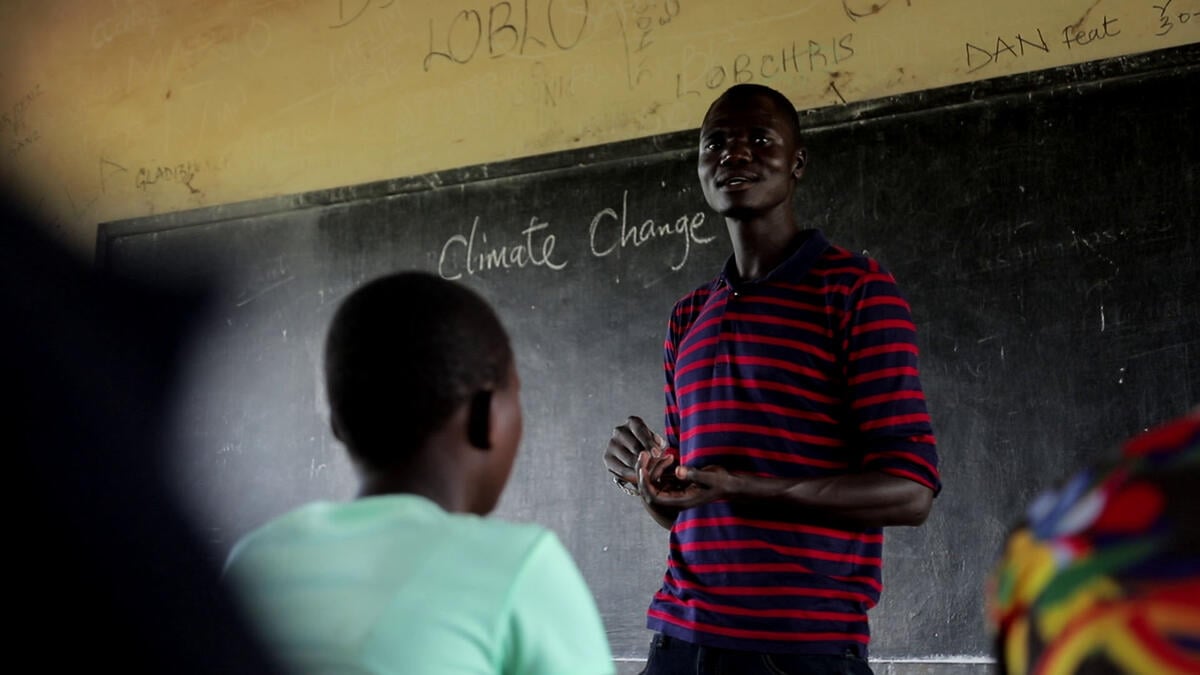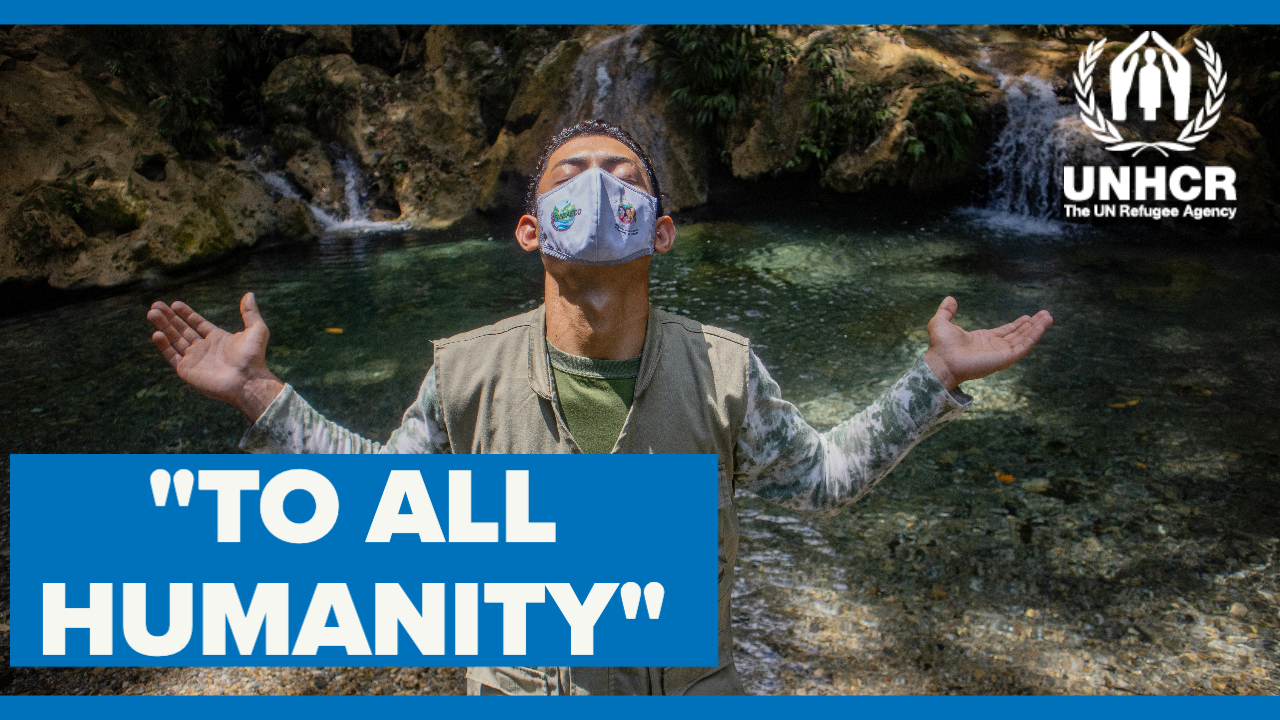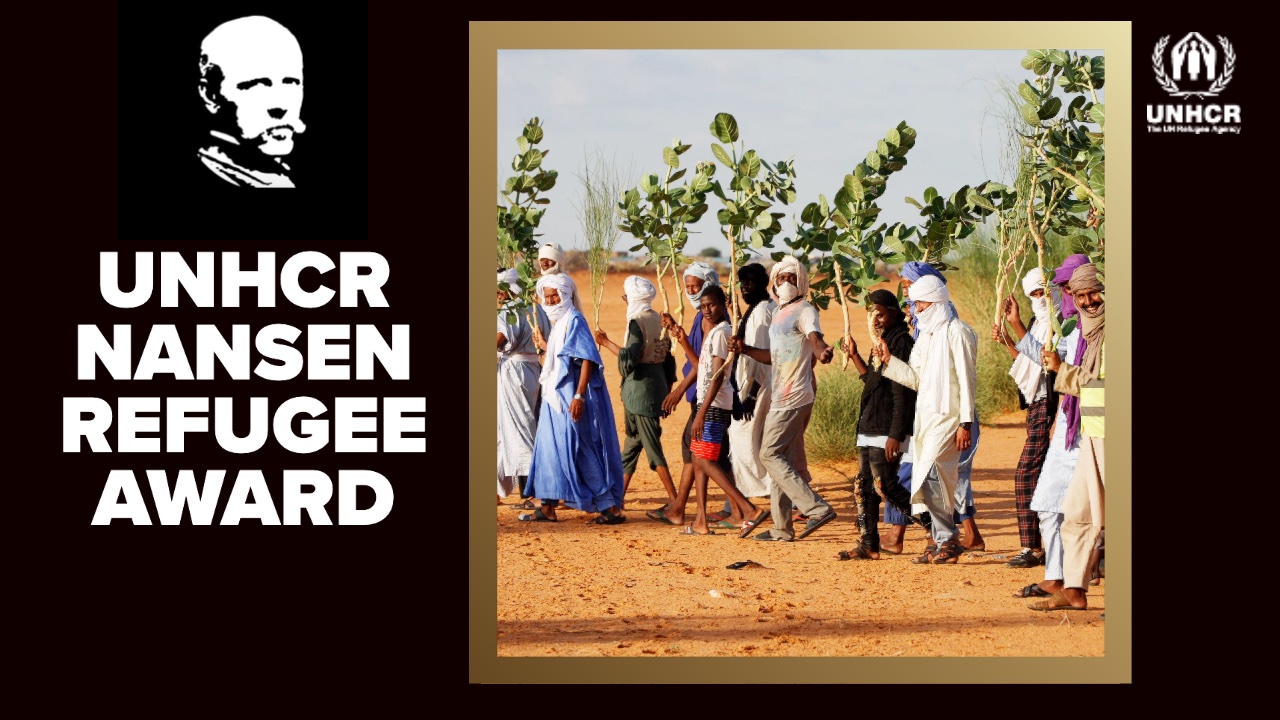UNHCR project brings light, security and fuel-efficient cooking to refugees
UNHCR project brings light, security and fuel-efficient cooking to refugees

GENEVA, January 26 (UNHCR) - A UNHCR programme to provide lighting and fuel-efficient stoves in African refugee camps has helped children with their studies and and improved safety for women and girls.
UNHCR launched the five-year Light Years Ahead campaign in January 2011, aiming to raise funds to improve the basic cooking and lighting needs of more than 450,000 refugees in seven African countries.
To date, the agency has raised US$1.4 million, enabling it to purchase and distribute some 200 solar-powered street lights, almost 15,000 lanterns and more than 8,000 fuel-efficient stoves in camps in Chad, Djibouti, Ethiopia, Kenya, Rwanda, the Sudan and Uganda.
The installation of the street lamps and provision of lanterns and cooking stoves has not only improved the lives of refugees, it has also made their lives safer. The night can be dangerous for woman and girls living in camps that lack adequate lighting in communal areas.
The darkness can mean crime and violence go unseen and unchecked. Women and girls are especially at risk of attack and sexual assault when they walk to the latrines or washing areas. And with no source of light in the evenings, children are unable to do their homework. So they are more likely to drop out of school instead of building a platform for the future.
The fuel-efficient stoves also play a protection role, because their use means women and girls spend less time out foraging for wood. In isolated areas they are at risk of rape or assault while searching for firewood for their traditional stoves. The new stoves use 80 per cent less fuel.
There are also health benefits from using the less smoky stoves. And their use also can help reduce the competition for scarce firewood resources between refugees and the local community.
The technical innovations have been widely welcomed in the camps where they have been introduced. "Now I feel safe walking at night," said Fatuma, a 35-year-old Somali refugee in Jijiga camp, Ethiopia. She also enthused about the home lanterns because they featured a socket where the owner could recharge a mobile phone - vital for keeping in touch with family.
Faisal, a 15-year-old unaccompanied Somali child, has lived in eastern Ethiopia's Shedder refugee camp for more than two years. "The solar lantern means that we can study in the evenings after school," he said, adding: "I study for about two hours each evening and I am doing well in school."
Amina, a single mother with five children in Shedder, said the lanterns and stoves made her life much easier. "As the stove needs very little wood, I save four hours a day between wood collection and cooking time," she noted.
"With the solar lighting and fuel-efficient stoves distributed through this initiative, we are now seeing the positive impact on the lives of refugees," said Amare Gebre Egziabher, senior environmental coordinator at UNHCR.








